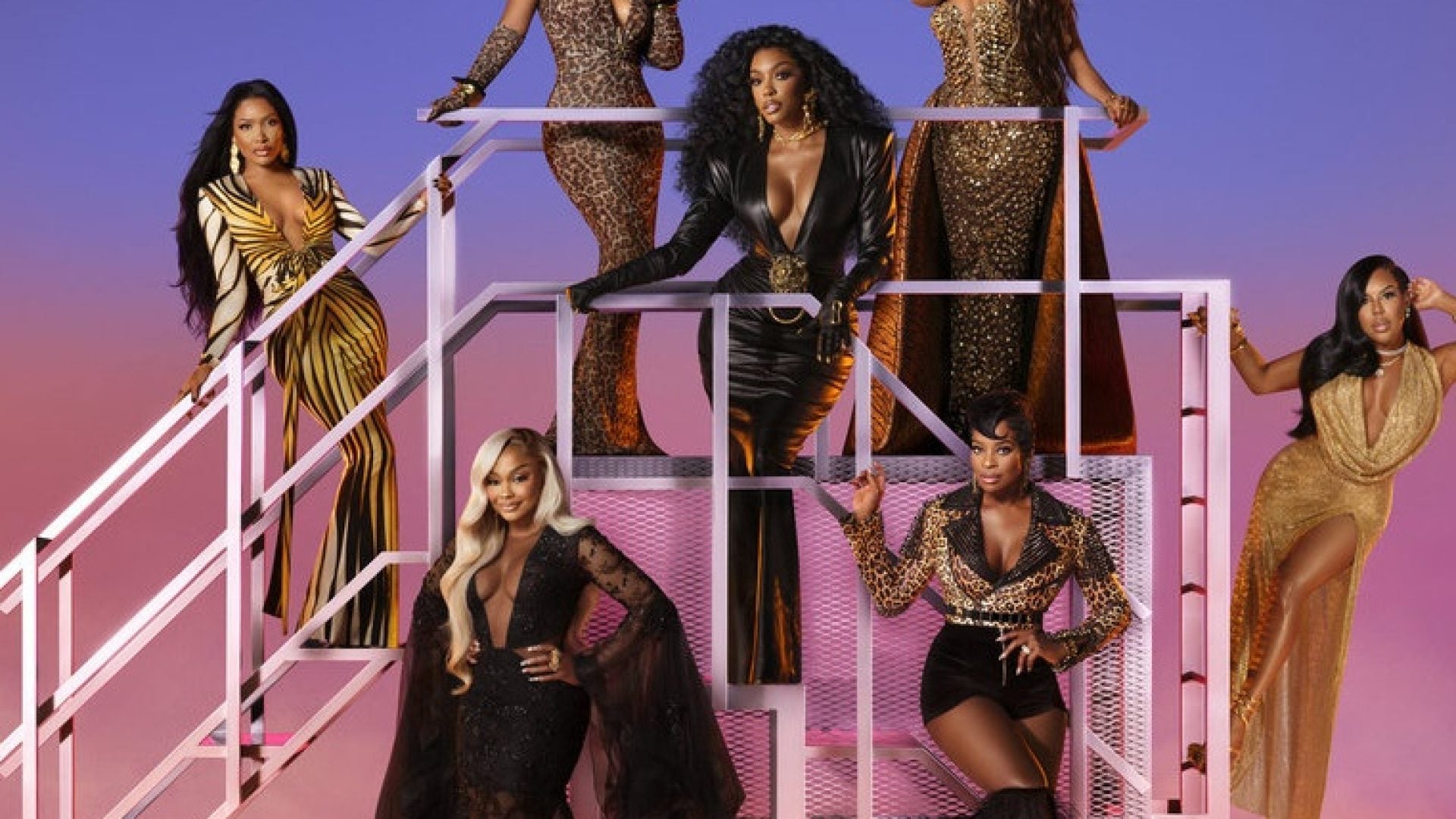
A part of social media’s allure is peeking into the window of others lives. But often, the glittery gold we see through the looking glass exposes cracks in our own lives, and its costing many their own mental and financial health.
This is what Deloitte’s 12th annual 2023 Gen Z and Millennial report found, which analyzed responses from more than 22,000 Gen Z and millennial respondents across the world. Nearly half of the millennials surveyed shared big concerns and a majority of Gen Z participants said “flex culture” makes them feel pressured to keep up.
“Perhaps surprisingly, almost half of Gen Zs (48%) and millennials (49%) think social media has a positive impact on their mental health—yet 46% of Gen Zs say social media
makes them feel lonely and inadequate and 45% say that they feel under pressure to have
an online presence,” the report said. It continued. “With one in five (20%) Gen Zs spending five hours or more a day on video platforms alone, the struggle to disconnect goes well beyond the workplace.”
These figures are unsurprising as younger generations have made up a large part of the mental health crisis plaguing most of the country.
In 2022, McKinsey wrote Gen Zers, ranging from middle school students to early professionals, are reporting higher rates of anxiety, depression, and distress than any other age group.
The crisis is so severe that US surgeon general Vivek Murthy declared that a public health advisory was in effect to address the “youth mental health crisis” made worse by the pandemic and its effects.
Deloitte’s report pointed out that the rising cost of living was only exacerbated by extravagant purchases showcased online, indicative of how some youngsters are choosing to spend money on premium goods and experiences.
As previously reported by ESSENCE, a December 2022 report from Morgan Stanley showed that record numbers of millennials and Gen Z living with their parents are driving a luxury boom in the US and UK.
“When young adults free up their budget for daily necessities (e.g. rent and grocery), they simply have more disposable income to be allocated to discretionary spending,” the Morgan Stanley report said.
The analysis also pointed the US market has driven higher sales for luxury handbag and jewelry-makers including Cartier owner Richemont as well as Tiffany and Bulgari-owner LVMH.
Deloitte points out that it would be helpful if younger generations take frequent breaks from social media, as well as focus on pursuing work experiences that prioritize mental health.





